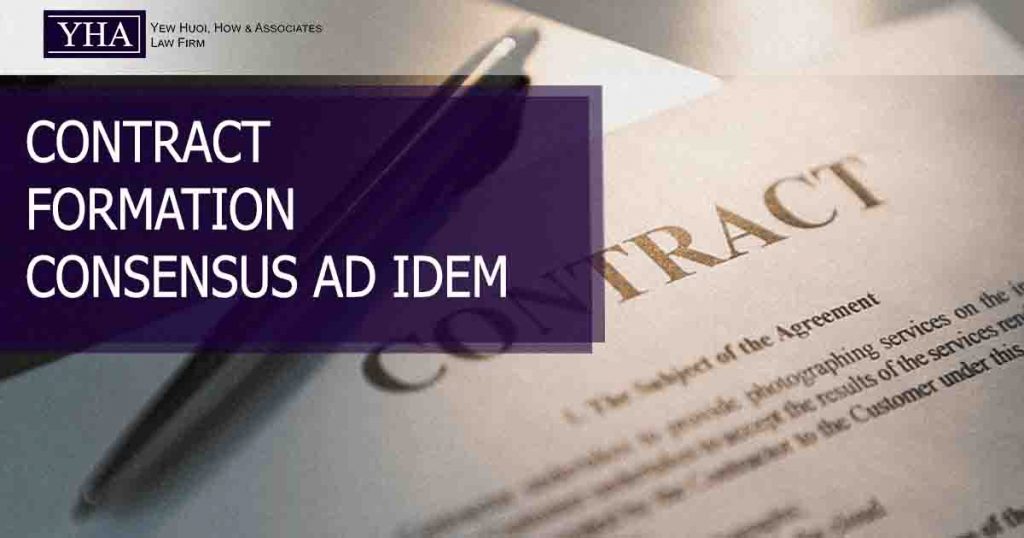Developer K Sdn Bhd has entered into a contract with the main contractor J Sdn Bhd. J Sdn Bhd later appointed M to be its subcontractor. A contract was entered between K Sdn Bhd and J Sdn Bhd on 1.4.2019. M has accepted J Sdn Bhd’s request to be their sub-contractor. Later, M set up a new company called M Sdn Bhd on 1.6.2022 to undertake the work. M and M Sdn Bhd were dealing directly with K Sdn Bhd and K’s consultant all along.
Later, it was discovered that M Sdn Bhd both departed from the original specification of the construction contract between K Sdn Bhd and J Sdn Bhd. When the deadline was approaching, K Sdn Bhd confronted both J Sdn Bhd and M Sdn Bhd about the departure from the earlier contract. M Sdn Bhd later asked for an extension of time. Rejected. K Sdn Bhd insisted on the project being completed on time. Can M Sdn Bhd sue K Sdn Bhd for unreasonably refusing an extension of time?
Q: Is there a valid contract between K Sdn Bhd and M Sdn Bhd?
A: No, the contract is formed between K Sdn Bhd and J Sdn Bhd. There will only be a contract between K Sdn Bhd and M Sdn Bhd if there is a novation to M Sdn Bhd.
Q: Can subcontractor M Sdn Bhd claim they are one of the entities as J Sdn Bhd?
A: No, they are two separate corporate entities.
Q: What is a novation?
A: Novation is the transfer of legal obligations from one party to another party. Without novation between J Sdn Bhd and K Sdn Bhd, there is no valid contract between K Sdn Bhd and M Sdn Bhd. Even though M Sdn Bhd has commenced the work and has been dealing directly with K Sdn Bhd and K’s consultant.
Q: What are the elements of novation?
A: The contracting parties in the existing contract must agree that:
- One party no longer wants to be bound by contract terms anymore, and a new party will replace him;
- The new party takes the burden of the contract; and
- Both parties to the existing contract agree that the new contracting party will perform the contract.
Q: Other than legal requirements, what element is needed in order to form a valid contract between K Sdn Bhd and M Sdn Bhd?
A: There must be consensus ad idem i.e. meaning of minds between the parties. Both parties must agree to and accept the terms of the contract.
Q: Can M Sdn Bhd claim that J Snd Bhd is negotiating with K Sdn Bhd on its behalf before it was incorporated on 1.6.2022?
A: No. M Sdn Bhd could not rely on s.35(1) and (2) of the Companies Act 1965. Under s.35(1), a contract entered prior to the formation of a company can only be ratified (validating the contract) if the contract is entered by someone representing the company (an agent). J Sdn Bhd is not an agent of M Sdn Bhd. To be an agent, J Sdn Bhd has to make it clear to K Sdn Bhd that they are representing M Sdn Bhd for negotiation. M Sdn Bhd has no right to ratify the contract since the contract is between K Sdn Bhd and J Sdn Bhd.

